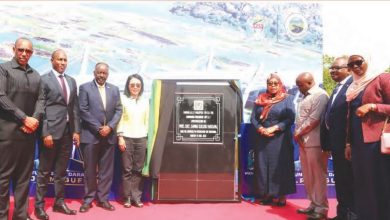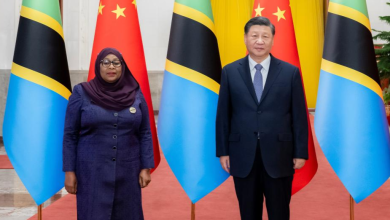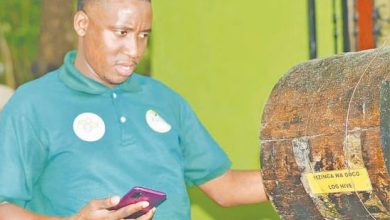Govt unveils new push for modern farming with tractors, threshers
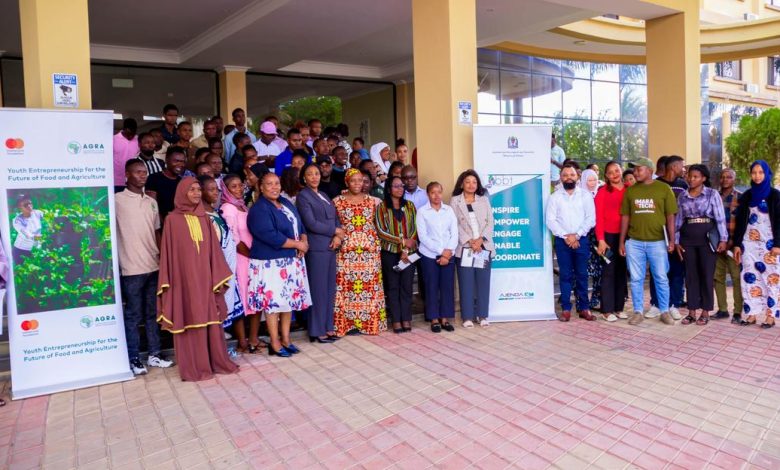
DODOMA: Tanzania’s push to modernize its agricultural sector took a significant step forward today as key national stakeholders gathered at Nashera Hotel in Dodoma for the Mechanization Stakeholder Convening: Action Planning Meeting.
The high-level gathering focused on shaping a coordinated roadmap to expand mechanization, strengthen youth and women participation, and guide future investment decisions in the sector.
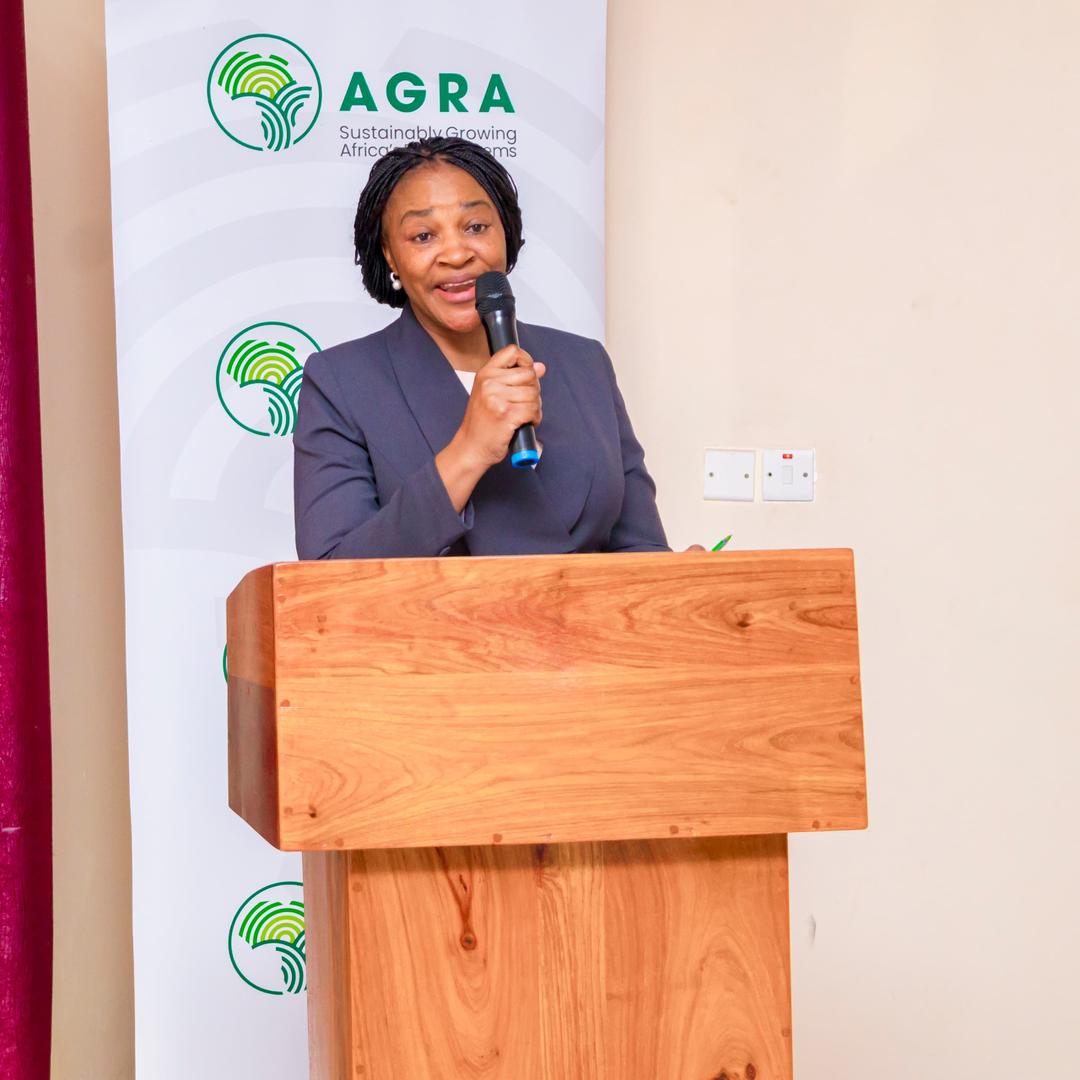
The Mechanization Market Intelligence Study—developed by AgriFrontier East Africa and presented by AGRA through TAPBDS, the country’s focal partner on mechanization—highlights rapidly growing demand for modern machinery and reveals substantial opportunities for young people and women to engage as machine operators, service providers, fabricators and agripreneurs.
Youth call for skills and capital to enter the sector
During the interactive session, young participants voiced concerns about limited access to capital, the high cost of machines and the skills gaps that reduce their competitiveness in the mechanization ecosystem. Many emphasized that the Lease-to-Own model offers the most practical pathway for youth to enter the sector, urging financial institutions to reduce initial down payments to make the model more youth-friendly.
ALSO READ: Tanzania and AGRA push for a data-driven revolution in climate-smart agriculture
Institutions such as SIDO and VETA shared insights from their youth training programmes, noting that although many young people now possess technical skills in machine operation and fabrication, a significant number still opt for employment instead of starting agribusiness ventures—mainly due to limited seed capital and insufficient start-up support.
A defining moment for youth and women in mechanization
Presenting the study results, TAPBDS CEO Joseph Migunda said the findings reveal a turning point for Tanzania’s agricultural sector. “The evidence shows clearly that mechanization can unlock thousands of opportunities for young people and women,” he said.
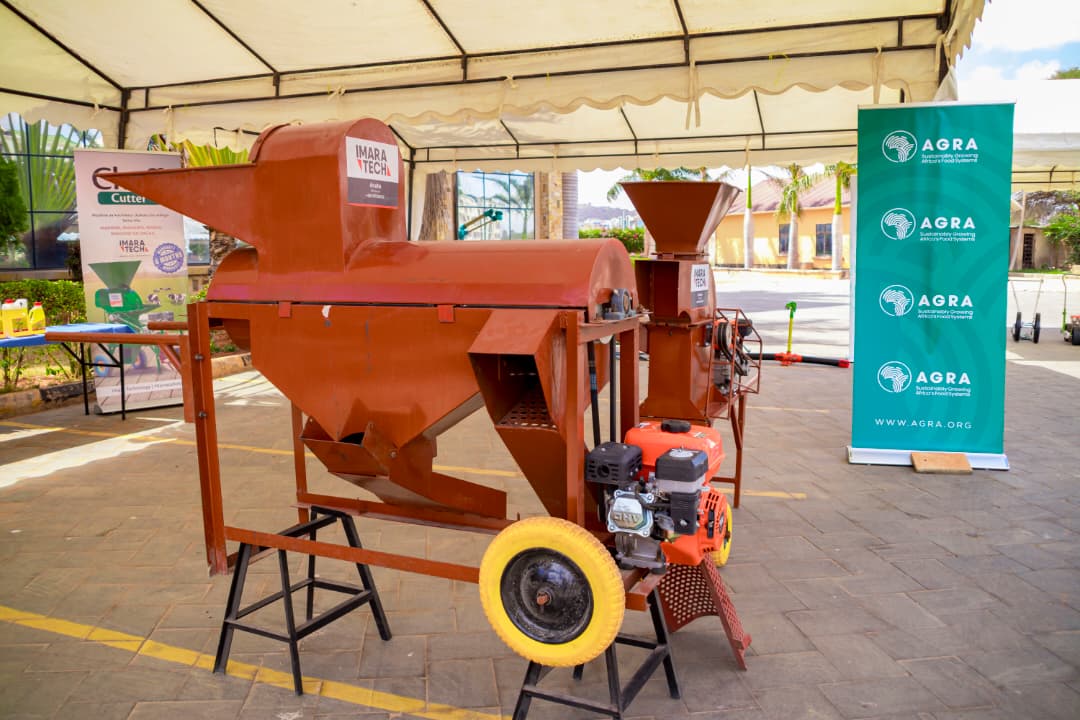
“There is strong demand for machinery, a growing interest in youth-led service models and workable innovations like Mechanization-as-a-Service. With the right policies and investments, youth and women can become the backbone of a modern, high-productivity agricultural economy.”
He added that many promising business models—already tested locally—have demonstrated strong success in reducing labour burdens, increasing efficiency and expanding income opportunities for rural communities.
Government announces major support package
Guest of Honour Eng. Anna Mwangamilo, Director of Agricultural Tools and Value Additives at the Ministry of Agriculture, reinforced the government’s commitment to agricultural modernization and inclusive growth. She noted that Tanzania is targeting over 10 percent annual agricultural growth by 2030 and emphasized that mechanization will be crucial in raising productivity, reducing post-harvest losses and supporting the country’s goal of achieving USD 5 billion in agricultural exports.
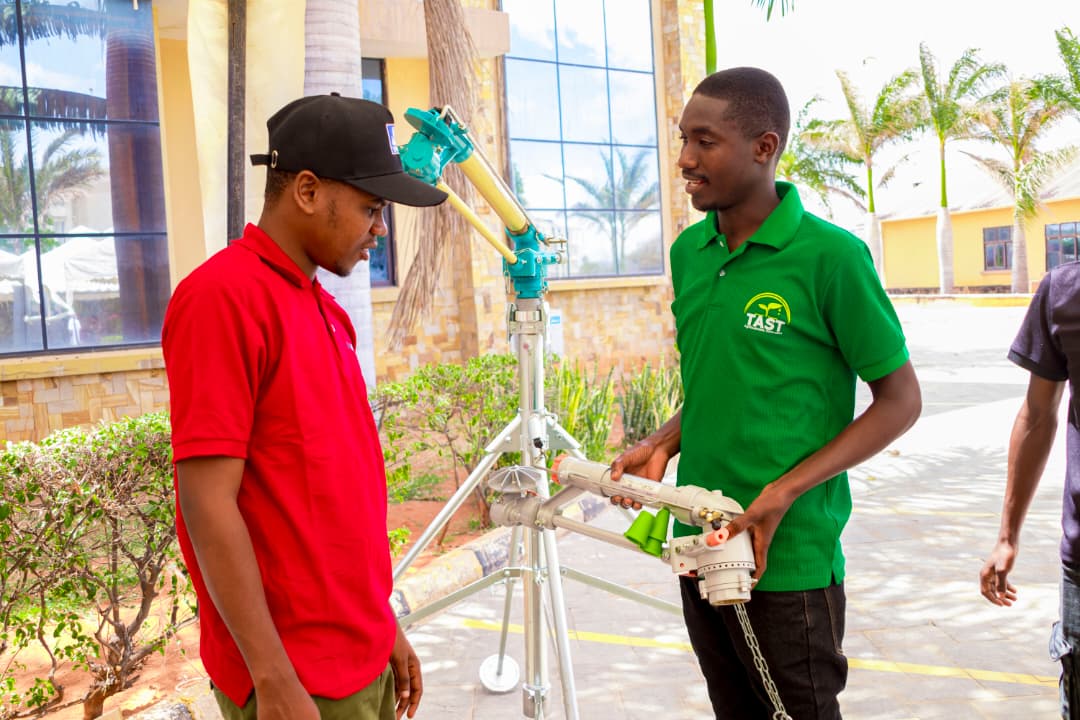
In a landmark announcement, Eng. Anna revealed that the government will allocate 500 tractors and 800 threshers specifically to youth and young women participating in agriculture. “Mechanization is not just a tool—it is a transformation engine,” she said. “We are acting on all credible research, and we want youth and women at the centre of this modernization drive.”
She added that the government was impressed with the business models recommended in the study—particularly Mechanization-as-a-Service, where youth groups own small machines and offer services to surrounding farmers. She confirmed that the Ministry has invited AGRA and TAPBDS to continue discussions on how these models can be integrated into the national mechanization rollout plan.
Towards a national mechanization roadmap
Stakeholders at the meeting identified several priority areas for the next phase of implementation. They emphasized expanding youth- and women-led mechanization enterprises, improving access to youth-friendly financing models such as Lease-to-Own, strengthening machine maintenance and distribution networks, scaling up proven models like Mechanization-as-a-Service, and ensuring training programmes align with real market needs. There was also a strong call for closer collaboration between government, the private sector and development partners to accelerate the mechanization agenda.
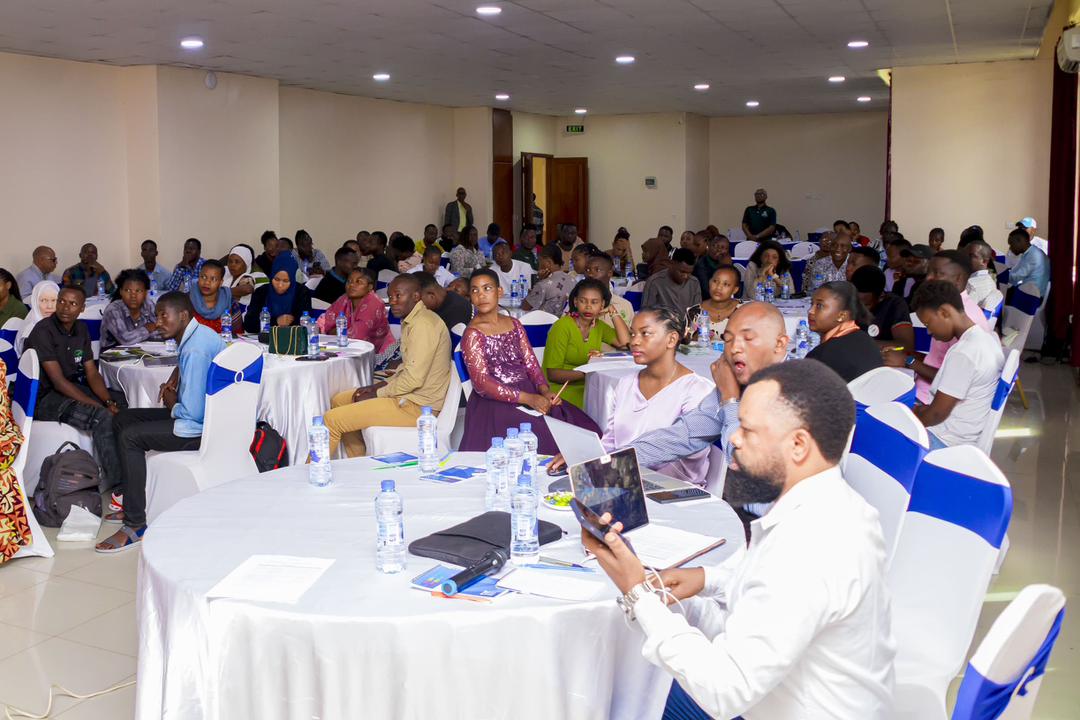
With the Action Planning Meeting now concluded, AGRA, TAPBDS, government institutions and private sector partners will refine the proposed roadmap to guide mechanization investments over the coming years. As Tanzania advances toward a more modern and competitive agricultural sector, the convening underscored a clear message: the future of mechanized farming belongs to the country’s youth and women—if they are equipped, financed and placed at the centre of national policy action.


